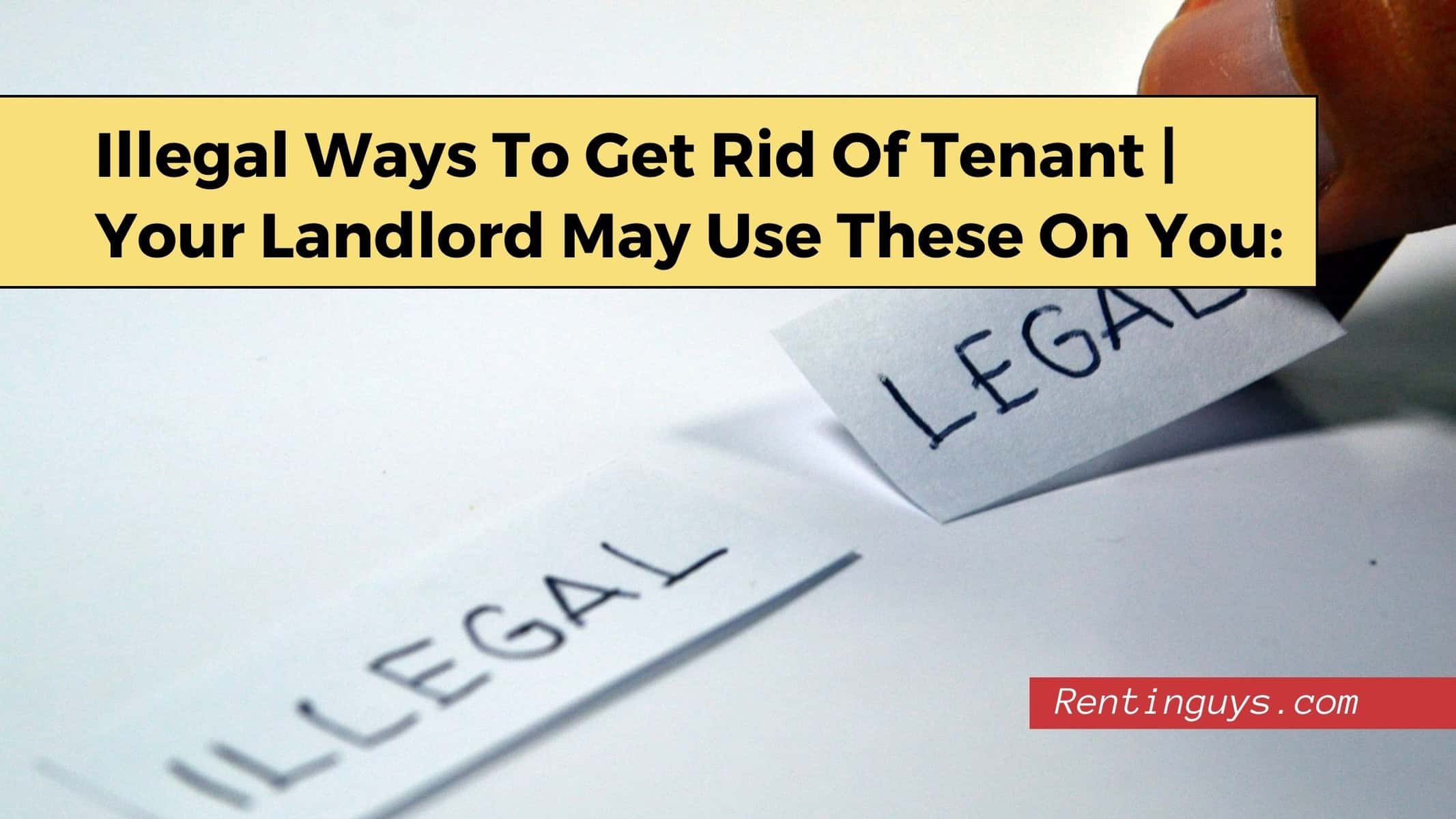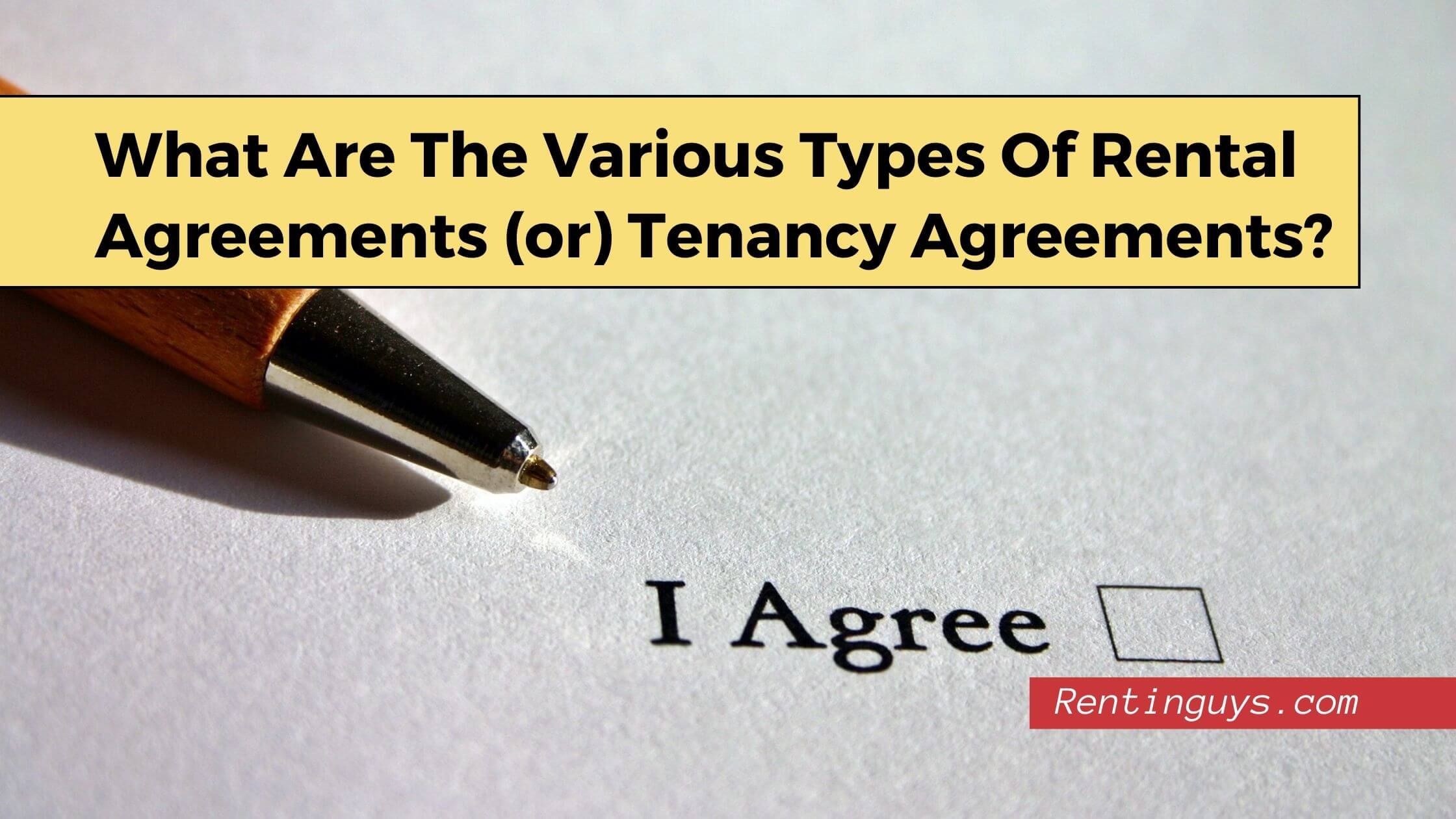A landlord can disturb your peace and ruin your life with harassment tactics or rude behavior.
Although most landlords are professional and take good care of their tenants, some landlords can be demanding and make your stay horrible.
There are many ways a landlord can harass the tenants such as threatening to evict, physical abuse, threats of violence, changing keys, or discriminating against the tenant on the basis of their race, religion, sex, etc.
Though the landlord owns the property, they do not own your life. Tenants have some rights and it is vital to know about them and use them to protect your interests.
If you have a cruel landlord, here are some ways to scare your landlord.
How to scare your landlord:
1. Maintain a written record
It is crucial to have written records of all your interactions with the landlord.
For example, if the landlord visits the house often on the pretext of inspection, maintenance, etc. maintain a record of the visits. Note down the time, duration, and cause of each visit.
You should also keep a record of all the emails, messages, and other communications from the landlord. These records will prove your point in court if matters escalate and you are forced to file a suit against the landlord.
2. Have a copy of your lease agreement
The rental lease agreement is binding on both the landlord and the tenant. If the landlord promises to provide certain things or agrees to certain conditions, he must follow them.
Most of the time, landlords forget that they have to follow the terms of the lease and start harassing tenants.
For example, if your landlord has agreed to allow pets in the lease document, he cannot ask you to vacate the property for keeping pets or demand to have your pets taken away from the house.
Always have a copy of the lease agreement. Keep reminding the landlords of their duties and obligations when they start harassing you with unruly demands.
It is the best way to scare a landlord and make him back down.
3. Fight discrimination
According to the law, the landlord cannot discriminate against tenants on the basis of sex, religion, race, or disability.
If your landlord is discriminating against you, approach the U.S. Department of Housing and Urban Development.
If a landlord refuses to let out the property or asks you to move out because of your sex, race, disability, or personal choices, the HUD can take legal action against the landlord.
4. Always make written requests
Landlords ignoring maintenance or repair requests is one of the pet peeves of tenants.
Landlords often ignore verbal requests or sometimes they just forget about them. To ensure that your landlord takes timely action, always give a written request.
Written requests are a great way to scare your landlord and make them take swift action. It is the duty of the landlord to respond to the written requests and take action within the stipulated time.
If they fail to do so, you will have proof to showcase the landlord’s apathy.
5. Know your rights
Landlords fear tenants, who are aware of their rights. Do not hesitate to let your landlord know that you are well versed with the federal and local landlord and tenant laws.
If you feel that your landlord is harassing you, go online and look up the local housing laws to know what is considered harassment in your state or city.
For example, in most states, the landlord cannot increase the rent without prior notice. The landlord cannot enter the property without the prior approval of the tenant and the landlord cannot take away any amenities mentioned in the lease.
6. Report violations to concerned authorities
The landlord has to ensure that the house is safe and habitable for the tenants. He has to follow all the safety regulations and obtain necessary certificates and permissions from the local authorities.
If your landlord fails to give you the gas safety certificate or does not comply with the fire safety regulations, threaten to file a complaint with the local council or concerned authorities.
This is a great way to scare your landlord and pressurize him to follow the safety regulations and protocols.
7. Do not hesitate to seek legal help
Seeking legal help is necessary to protect your rights. If your landlord keeps harassing you or intentionally breaks the lease terms, you can take legal help to safeguard your interests.
Contact a lawyer specializing in landlord and tenant law to get able guidance on how to protect yourself from the unruly landlord.
Sometimes the landlord may try to threaten you to stop exercising your rights, seeking legal counsel will help you to overcome these threats and exercise your rights.
8. File a lawsuit
If the harassment gets out of hand or if you feel uncomfortable in your own house, you can file a suit against the landlord for failing to provide a safe home and peaceful enjoyment.
Hire a landlord-tenant lawyer and file a civil lawsuit against the landlord. If your case is strong and the court decides in your favor, you may be awarded monetary damages and the landlord will be forced to mend his ways.
9. Report them to the police
If the landlord tries to physically assault you or threatens to throw you out of the property, report them to the police.
The landlord cannot evict a tenant without following due process. Even after the eviction notice, the landlord cannot remove your belongings from the property, he has to wait for the sheriff to carry out the eviction.
Before reporting to the police, collect all the evidence like videos, photos, witness statements etc. Reporting to the police is the best way to scare your landlord and make him back out from his unruly behavior.
10. Move out when the lease comes for renewal
Finding new tenants is time-consuming and expensive. Most landlords fear their tenants leaving when the lease is up for renewal.
If your landlord has made your stay uncomfortable by being unkind and demanding, move out of the house after the lease expires.
Share your reviews about the landlord on social media platforms and other rental websites. This will make it harder for the landlord to find new tenants, while he also faces financial trouble due to loss of rental income.
However, be sure to have adequate proof to support your reviews. You should be extremely careful and gather all the evidence and records to prove your claims if the landlord takes you to the court
It is crucial to maintain a cordial relationship with your landlord. However, if your landlord is harassing or being unkind to you, these are some of the ways in which you can scare the landlord and get them in trouble legally and financially.
It is advisable not to take any illegal actions to take revenge against your landlord. Do not damage the property or break the lease to punish your landlord, you may end up in trouble yourself.
Maintain written records, collect all evidence, take legal counsel and file a lawsuit to protect yourself from a menacing landlord.
On the other hand, if your landlord is not harassing you but being unkind or irresponsible, simply move out of the house when the lease expires and find a better place to live.







